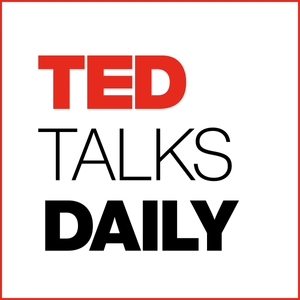
Law and Green Eggs and Ham - Phil Lord
05/07/23 • 32 min
Next Episode

The Evolution of Fintech: A New Post-Crisis Paradigm?
In 1942 the famous Austrian political economist Joseph Schumpeter coined a pivotal notion in economics known as 'creative destruction'. The MIT department of economics refers to 'creative destruction' as " the incessant product and process innovation mechanism by which new production units replace outdated ones". Essentially, it is the idea that products or services will either become naturally ineffective or must be purposefully terminated, to make room for new ones to replace them. This process ensures that there is always something better, or at least newer, for the consumer to spend his or her money on. It is the cornerstone of any type of economic growth. So what happens when parts of the capitalistic structure itself prove to be faulty or outdated and a recession occurs. How do our financial systems re-invent themself and what phoenix rises from those economic ashes. That is what we are going to figure out in today's episode. My guests this episode are professors Ross Buckley and Douglas Arner, who teach at the university of New South Wales and Hong Kong University respectively. Both are experts in financial law. They are joining me to discuss their paper “The Evolution of Fintech : a New Post Crisis Paradigm”. In this paper they explore how every major recession of the last 20 years has forced the financial industry to revisit, and often revolutionize, its relationship with digital technology. As a result of this process an entirely new industry was spawned, known as Fintech, which today is still largely guided by the destruction and losses incurred in economic recessions.
If you like this episode you’ll love
Episode Comments
Generate a badge
Get a badge for your website that links back to this episode
<a href="https://goodpods.com/podcasts/thesis-373401/law-and-green-eggs-and-ham-phil-lord-53471115"> <img src="https://storage.googleapis.com/goodpods-images-bucket/badges/generic-badge-1.svg" alt="listen to law and green eggs and ham - phil lord on goodpods" style="width: 225px" /> </a>
Copy




